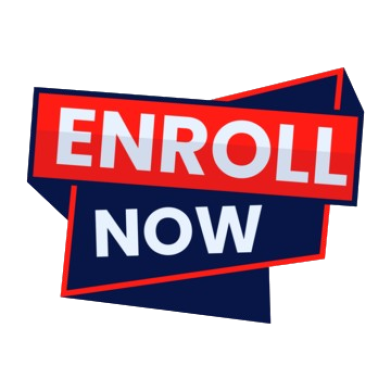About This Course
CNC Machining Technician provides students with a thorough understanding of Computer Numerical Control (CNC) machining and its applications in advanced manufacturing. In this course, students will utilize modern CNC machining methods and tools to create components with accurate measurements and precise shapes. The course will first discuss the principles of CNC machining and associate them with programming languages and graphics packages for design. It will also analyze the process of managing operations, materials, and tooling to create components with precise dimension and tolerances. In addition to learning the fundamentals of machining such as the cutting and finishing of metals, the course also covers topics such as automated systems and tool setup. By the end of the course, students will have mastered the skills necessary to become proficient CNC machining technicians.
Frequently Asked Questions
- - Emphasize the growing demand for skilled technicians in various industries (aerospace, automotive, medical, etc.).
- - Highlight potential career paths, such as CNC programmer, machinist, setup technician, or quality control inspector.
- - Mention opportunities for advancement and specialization within the field.
- - Outline the theoretical and practical aspects covered, like machine setup, operation, programming, and maintenance.
- - Mention specific software platforms or programming languages your course teaches.
- - Emphasize the development of hands-on skills through workshops and practical exercises.
- - Be clear about any prerequisites or recommended knowledge, if any.
- - Offer alternative pathways for those with relevant experience but lacking formal training.
- - Highlight the accessibility of the course for beginners with no prior machining experience.
- - Briefly describe the types of CNC machines and software used in your training program.
- - Mention if students will have individual hands-on time with the equipment.
- - If relevant, discuss any potential certifications or industry standards your course aligns with.
- - Explain any career services or job placement assistance offered by your program.
- - Highlight partnerships with employers or industry connections that facilitate job opportunities.
- - Emphasize the value of career counseling and resume building provided by your course.
